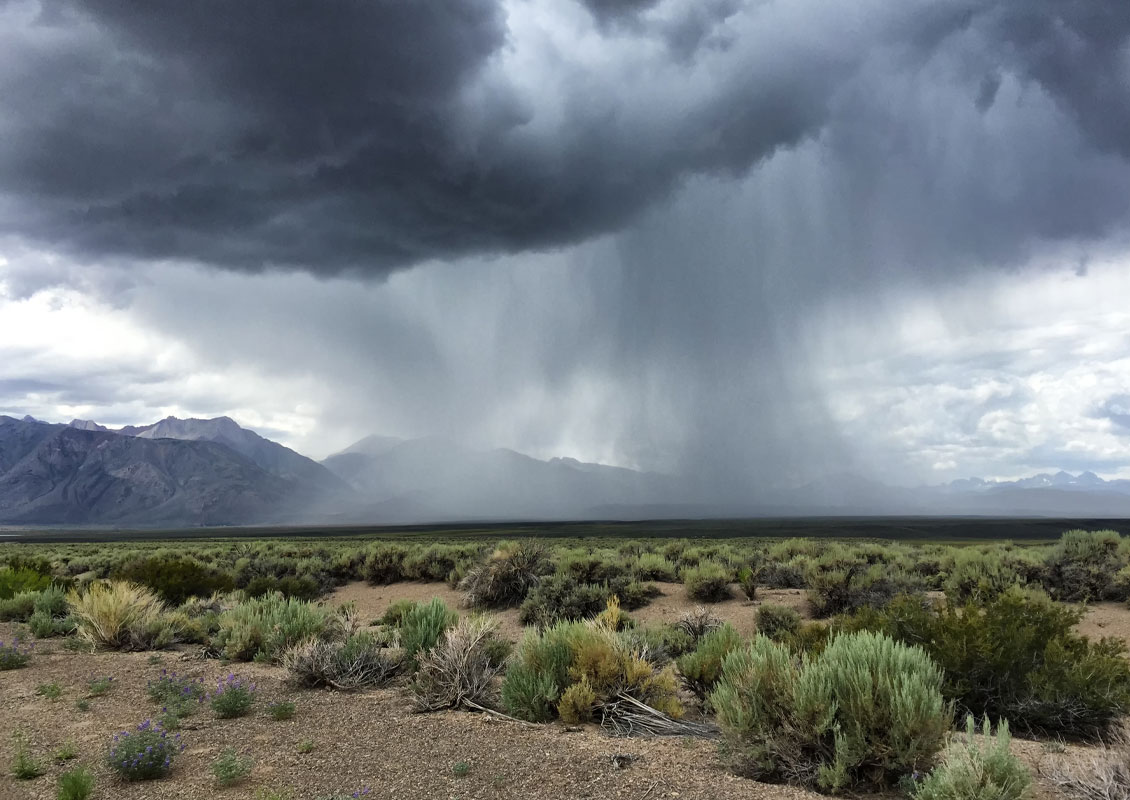Groundwater is a vital resource for California, providing up to 60% of the state’s total water supply during droughts and supporting the agriculture industry, which generates over $50 billion in revenue each year. However, unsustainable use of groundwater has led to significant declines in groundwater levels and the depletion of some aquifers, which can have negative consequences such as increased costs, reduced water availability, and land subsidence.
To promote groundwater sustainability, in 2014 the state passed the Sustainable Groundwater Management Act, which requires local agencies to develop and implement plans for sustainable groundwater use. These plans must consider factors such as the availability of groundwater, the effects of groundwater use on surface water, and the long-term sustainability of the aquifer.
Individuals and communities can also take action by reducing water use, using water-efficient techniques, and minimizing pollution to protect groundwater quality. By working together, California can ensure that groundwater remains a reliable and valuable resource for future generations.
For 10 ways to protect and conserve groundwater, check out our past article here.
Learn more about the SUSTAINABLE Groundwater Management Act at the links below:
water.ca.gov/News/Blog/2020/May/Groundwater-Level-Change-Maps
waterboards.ca.gov/water_issues/programs/groundwater/issue_supply.html
water.ca.gov/News/Blog/2022/January/Major-Milestone-to-Achieving-Sustainable-Groundwater-Management






